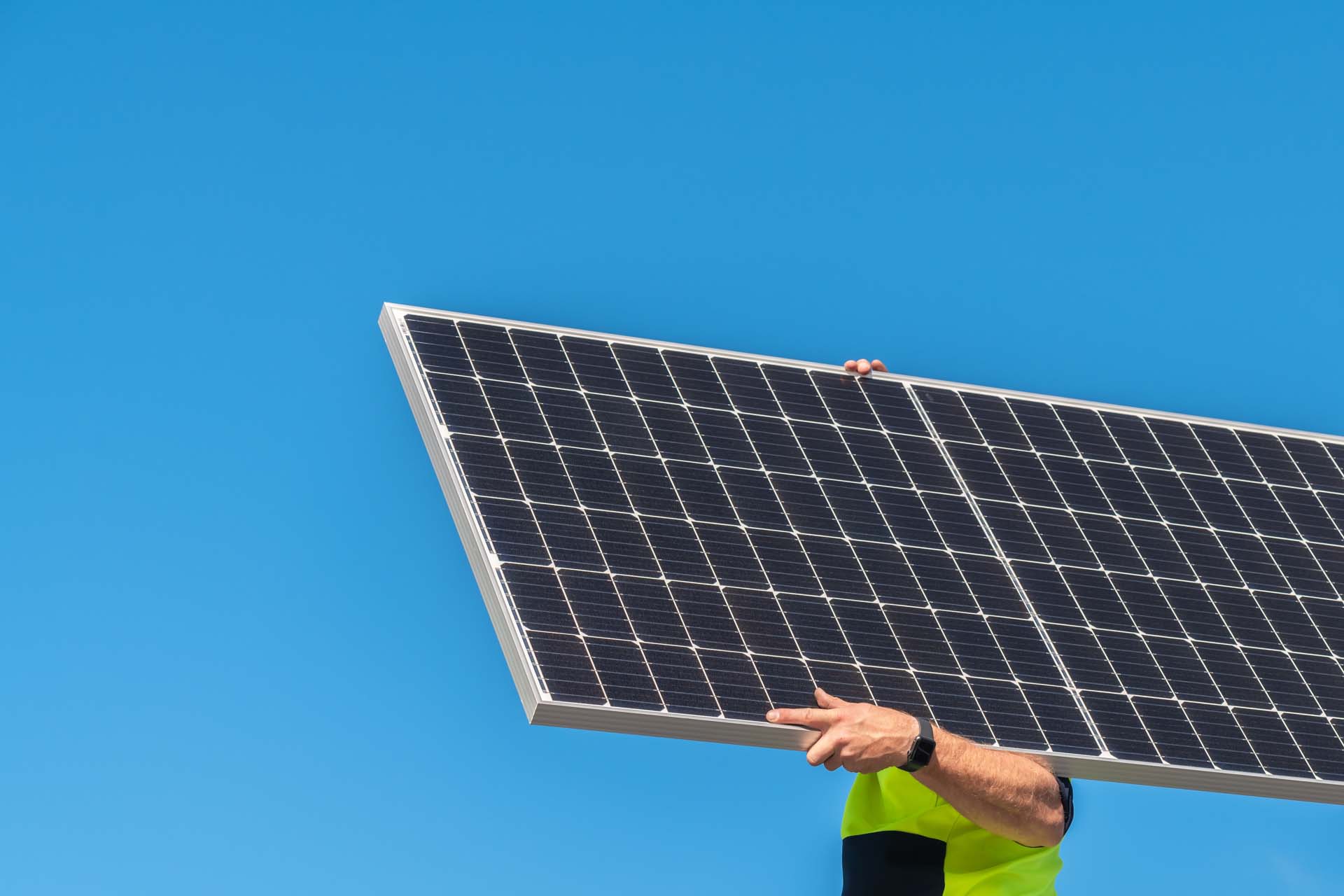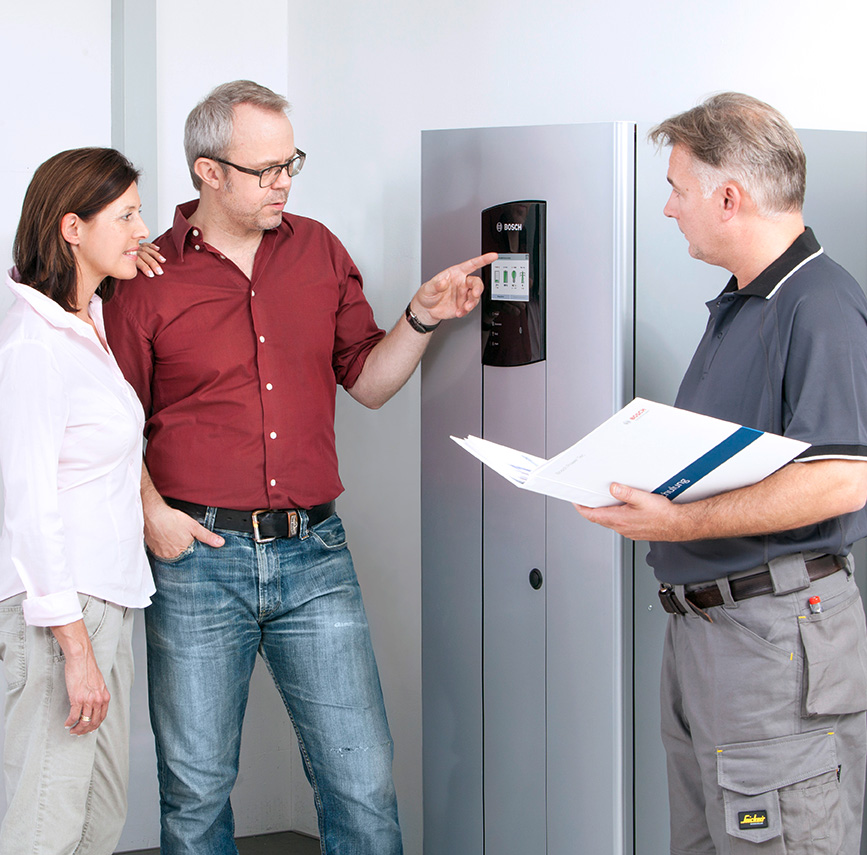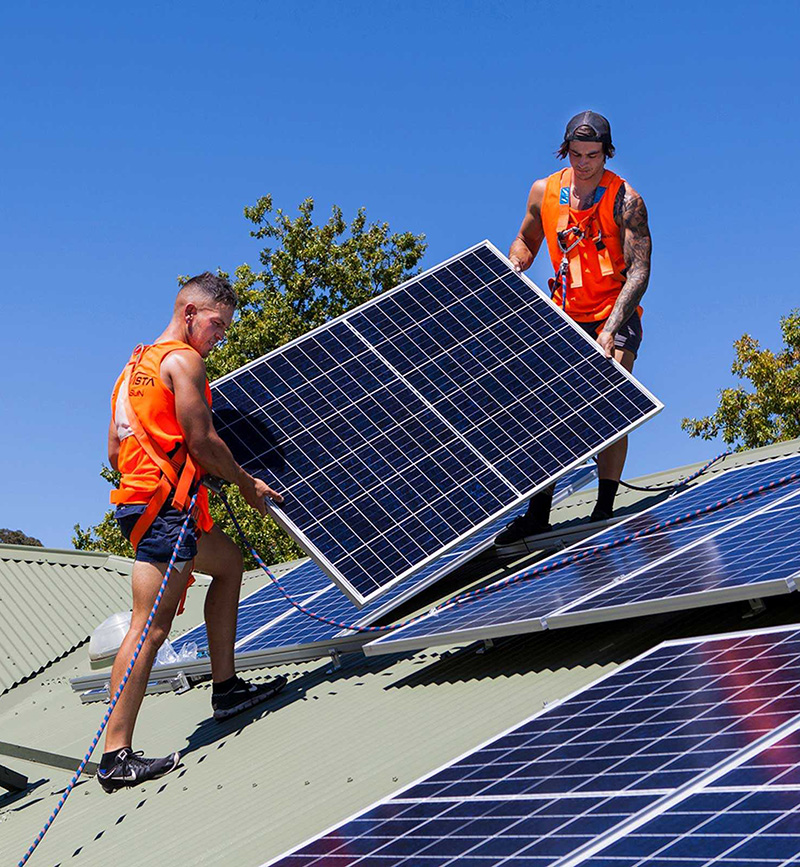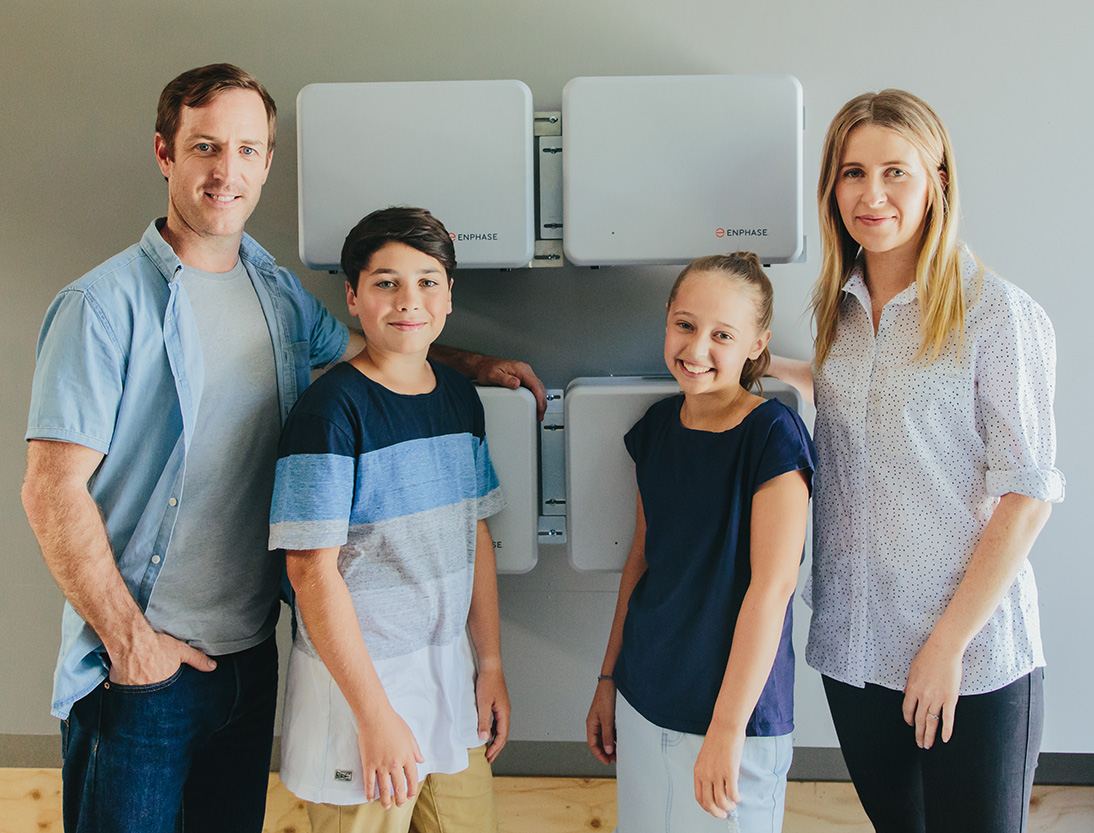Australia is a world leader in rooftop solar, but it's just the beginning of our electrification journey. As our Consumer Energy Roadmap shows, the right incentives, education, government targets and policy settings can help Australian homes and businesses electrify and slash their energy bills.
Australia has more than 3.7 million rooftop systems. It's the second biggest source of renewable electricity in the country and the fastest growing, a testament to the hundreds of businesses working in the sector.
The rooftop solar boom is helping power a growing wave of electrification as Australians adopt electric vehicles, home batteries, heat pumps and more. By 2030, the average all-electric household with solar and a battery will save $1,150 per year†.
Electrification has great benefits for Australia's clean energy transition: it’s fast to roll out, has established community support, reduces reliance on the grid, creates thousands of jobs and delivers direct energy savings to Australians.
Here's how we're helping it grow...
Accelerating electrification
All-electric homes and businesses are critical for the clean energy transition and lowering energy bills.

Australia's solar boom has been accelerated by rising energy costs and consumers looking for ways to reduce their bills. Supported by government Feed-in-Tariffs (FiT), the Federal Government’s Small-scale Renewable Energy Scheme (SRES) and state programs like Victoria’s Solar Homes program, Australians have embraced solar PV.
We're petitioning governments to continue to support electrification of Australian homes and businesses, with incentives for battery systems for example, and targeted schemes to help renters, apartment owners and small businesses electrify.
We're also advocating for regulators and operators to create solutions to increase opportunities for Australians to earn money from exporting their energy to the grid.
With government programs providing assistance, we need to make sure there is a robust consumer protection framework to underpin consumer confidence and trust. The Clean Energy Council administers a number of industry programs to help safeguard government programs and protect consumers and those working in the industry. Our Products Listing Program certifies solar panels, inverters and batteries to ensure they meet Australian Standards, and the New Energy Tech Consumer Code (NETCC) program establishes a set of consumer protection standards for retailers of solar, battery and new energy technology products and services. We're also advocating for governments and other industry stakeholders to simplify regulatory red tape on installers and retailers to reduce the time they spend on administration so they can spend more time on the tools, saving businesses and consumers money. Our myCEC service helps those working in the industry understand expanding regulations and requirements.
The rooftop solar and battery sector directly employs thousands of Australians and accounts for over 50% of the renewables workforce. Renewables are growing so fast that we're running out of electricians.In 2022, to ease demands on electricians we helped redesign vocational training in rooftop solar and storage to enable non-electricians to design systems. We're also working with the Energy Efficiency Council on the Careers for Net Zero campaign and job fairs to help recruit more students into renewables careers, and we're encouraging more women into the workplace through our Women in Renewables initiative.
*Scoping Study: Solar panel end-of-life management in Australia - APVI

314k
rooftop solar systems installed in 2023
56k
home batteries installed in 2023
With a comprehensive focus on the policy and regulatory environment that is trying to catch up with the innovation of consumer energy resources, the Distributed Energy Directorate works closely with all industry stakeholders to develop policy outcomes that support consumer uptake and participation in rooftop solar, home storage and other behind the meter products and services.
Join the Distributed Energy Directorate
The majority of our policy work is developed with our Members in Directorates, with smaller working groups and committees tackling specific challenges.

policy and advocacy
Meet the Director
Become a Clean Energy Council member

What’s happening in rooftop solar and storage?
Rooftop solar and storage in the news




